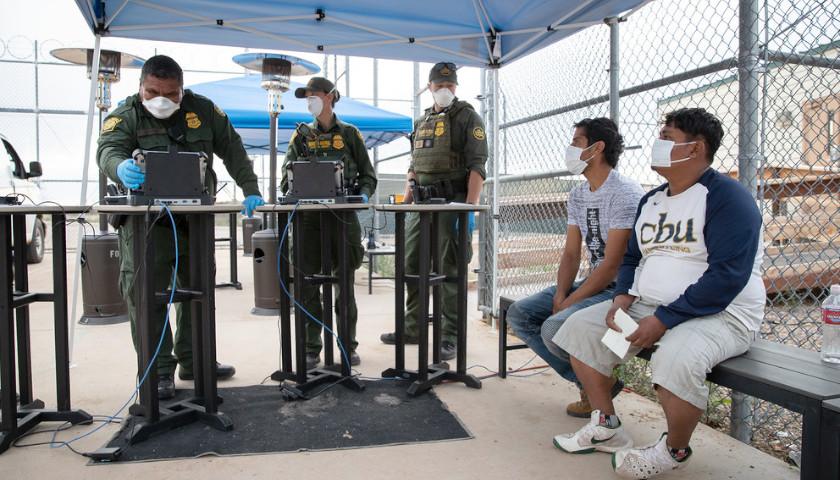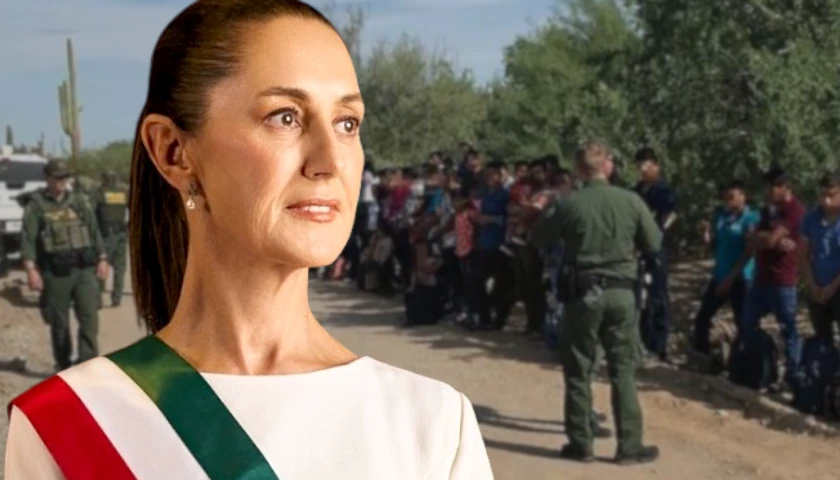by Alexander Riley
In a recent interview, Bethany Mandel, author of Stolen Youth, a book discussing how woke ideology is erasing childhood, was asked to define the term woke and froze. The media has predictably had a field day with this. We can be sympathetic to Mandel’s explanation of the stress she was feeling in the moment. At the same time, this situation can remind us that when engaging in such conversations, having clear definitions and logical arguments is foundational. So what do we mean by woke?
What Is Woke?
The utopian belief system of wokeism extends from a few basic tenets. Wokeists believe that all phenomena in the human world can be fully understood according to the following schema: There are dominant/advantaged/privileged groups that exercise illegitimate and massive power over dominated/disadvantaged/unprivileged groups, and the only morally responsible perspective is an unquenchable desire to undo these relationships of power and establish absolute equality of outcomes for all.
In the wokeist’s perspective, any cost is acceptable in the achievement of this goal. Special rights and privileges should accrue to members of oppressed groups because the existing social and cultural systems in the U.S. were produced to give unfair advantages to members of oppressor groups. Representation quotas for all areas of life (education, jobs, and much more) are necessary to address the consequences of historic oppression. All criticism or questioning of the morality of such a worldview and its goals is harmful to the victims and must therefore be prohibited and punished.
The Left’s Definition of Woke
The above definition of woke invites countless questions about the morality of such an ideology. But of course, Mandel’s woke critics neglected to give such an accurate account of their beliefs. An article in The Guardian has a typical account where the author points to a survey indicating that a majority of Americans define woke as “be[ing] informed, educated on, and aware of social injustices.”
Framed this way, woke might sound to some like a good thing, but none of the fans of wokeness trumpeting this survey result seem to have thought at all about the fact that the nebulous term social injustice also requires a definition.
Responding to the Left’s Definition
What precisely does this vague term social injustice mean in woke usage? This is the question that the woke left’s critics should ceaselessly ask in response to this definition. Social injustice, of course, relies on its opposite, social justice, for meaning. So what do the woke mean by social justice? What would need to be done to eliminate social injustice and achieve social justice? Is any inequality in outcomes permissible? If so, what kinds, and why? If not, why should we believe such a lofty goal is attainable?
What exactly does society owe its members? How much of a social safety net must be guaranteed? How much insurance do all of us have to provide against the consequences of irresponsible action by any of us? How will it be economically possible to provide such resources without crashing the economy?
The woke endlessly assert that history has given some people advantages and others disadvantages. We should repeatedly ask for proof of this claim. To whom, specifically, has advantage been given, and how, in specifics, has it affected their lives?
The key here is to demand the woke provide those specifics. Broad and substantively empty generalizations aren’t a constructive answer. If we are to assume, for example, that white skin gives one an advantage, how much of an advantage does it give? Is it the same for a white male or a white female, for instance? What’s the precise formula, methodology, and evidence that allows a calculation of oppression across all the different categories and identity groups?
Even once we are provided with a means for calculating every individual’s position in the oppressor/oppression hierarchy, the question becomes why we—people who did not perform the historical acts that advantaged or disadvantaged us and others—have a moral responsibility to pay for the hypothetical sins of our ancestors. How could we even begin to approach such a topic? Where’s the evidence that we can undo, cancel, or correct for the past?
Finally, woke ideology is contingent on the idea that power in human societies is a bad thing that can be eliminated or controlled with sufficient commitment and effort. Let’s ask why wokeists believe that. What evidence suggests that belief is consonant with reality? And how much power are the wokeists willing to wield against the rest of us in order to achieve a society without power?
In the end, wokeism reveals itself as a tyrannical ideology. But it’s only by asking these questions about the left’s definitions that we can demonstrate to others the danger of woke ideology. If so many people don’t see social justice for what it is, then these questions need to be asked to show the truth. And the truth of woke ideology is not pretty.
– – –
Alexander Riley is a professor of sociology at Bucknell University in Pennsylvania. All views expressed are his and do not represent the views of his employer.
Photo “Woke Supporters” by JMacPherson. CC BY 2.0.




